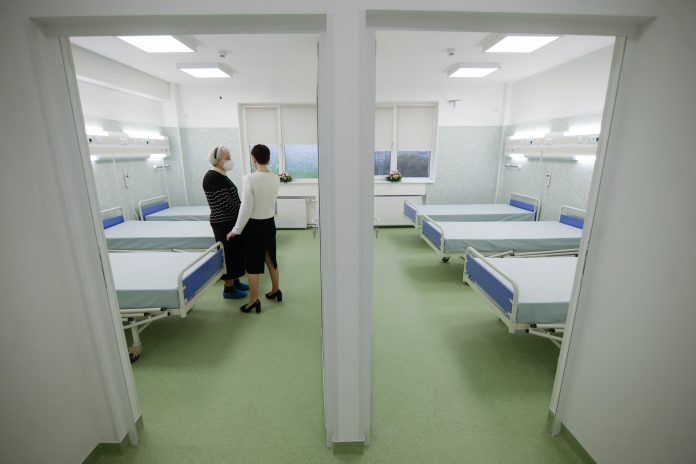Eastern Europe has the highest rate of patients who report they were asked to make an informal payment o public health care staff, but the bribery rate is going down in Romania, Slovakia and Lithuania, the Economist reports.
The publication says requests for such payments in 2019 fell by around 8% since 2013.
Yet in western Europe, bribery to doctors and nurses is on the rise, with every country except Germany reporting an increase between 2013 and 2019.
In Austria, more than one person in nine was coerced by heath staff and Belgium, Germany and Luxembourg had rates above 5%.
A study published on September 6th by researchers at Imperial College London finds that patients are being asked to pay bribes to their practitioners to secure treatment.
The study, by Giulia Dallera and her colleagues, used surveys carried out in 2013, 2017 and 2019 by Eurobarometer, the EU’s polling organization.
The survey asked more than 27,000 people from 28 EU countries whether they had been asked to make unofficial payments or give gifts of value to healthcare staff to secure treatment in the past year.
The Economist reported that in Britain more than 6.5m people are on waiting lists for treatment, up by more than 50% since 2019.
Patients in Spain wait an average of 123 days for an operation, the most in 18 years. The pandemic bears most of the blame.
Disruptions to essential treatments created backlogs and strained services. But even before Covid-19, health care in Europe was in trouble.
According to the most recent survey almost 4% of Europeans who used such services reported that they were asked to make an informal payment. This represented an increase of around 14% since 2013, event though there is a public perceptions that graft is diminishing in the health care system.
The Economist said that bribes are a result of poor governance and oversight in in health-care systems. The Covid pandemic has compounded the situation.

















